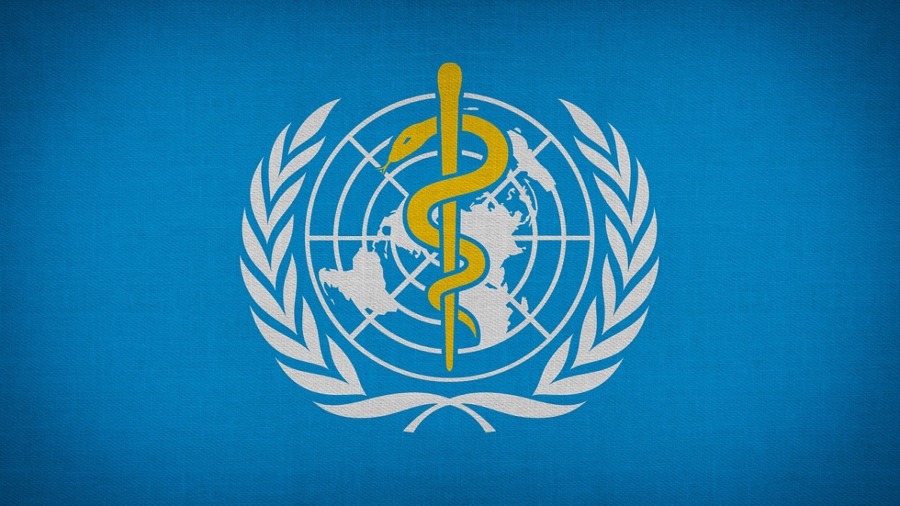In a deeply disheartening turn of events, the World Health Organization (WHO) is facing severe backlash from numerous groups expressing their discontent over the reinstatement of two senior officials involved in what is being termed the largest sexual assault case in the organization’s history. Despite their failure to address credible reports of sexual assault adequately, the officials were reinstated because they were not directly involved in the incidents. The WHO’s decision has drawn widespread criticism as it undermines its commitment to combat sexual harassment and abuse.
A damning report released on Tuesday revealed that 83 alleged perpetrators associated with the WHO’s 2018-2020 mission during an Ebola outbreak in Congo were identified as having participated in sexual abuse. The victims, amidst the outbreak, included local individuals and WHO workers. Shockingly, the report disclosed that 21 WHO workers faced accusations of sexual abuse, exacerbating the gravity of the situation.
The report outlined disturbing testimonies from victims subjected to repeated sexual assaults followed by forced, unsafe, and traumatizing unsterile abortions after being raped. These acts of violence were committed by individuals entrusted with the responsibility of providing aid and support during a crisis, leading to deep-seated betrayal and anguish among the affected individuals.
Many groups and individuals have expressed profound disappointment with the WHO’s decision and failure to take appropriate action. The mishandling of this sexual assault case and the subsequent reinstatement of officials sends a distressing message to victims. It undermines the trust that should be placed in an organization tasked with safeguarding public health and wellbeing.
Terri Ford, the AHF Chief of Global Advocacy and Policy, succinctly captured the sentiment shared by many when she said, “It is disappointing that no matter how many chances the WHO has had to correct past mistakes when addressing sexual misbehavior at the hands of its employees, it continues to make decisions that run counter to its commitment to ‘zero tolerance’ on sexual harassment and abuse.”
The repercussions of the WHO’s decision are far-reaching and deeply troubling. The women of Congo, who were already in a vulnerable position, now find themselves confronted with the knowledge that the individuals responsible for overseeing their well-being during the Ebola outbreak have been reinstated, despite their association with the abuse.
This not only reflects poor management and an alarming lack of accountability but also sets a dangerous precedent and sends a terrible message to victims of sexual assault worldwide. It undermines the trust in the organization’s ability to address such misconduct effectively and protect the vulnerable communities it serves.









